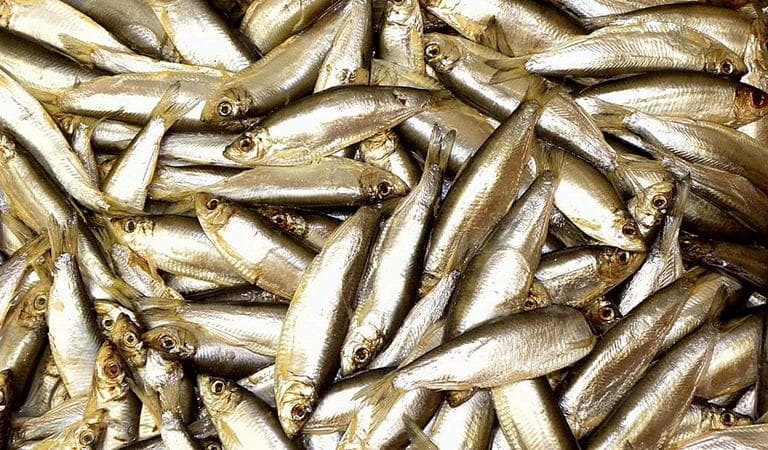Advertisement
Slave Ships: Inside The International Fishing Industry's Labor Abuses
Resume
The International Seafood Show was held in Boston this week, and among the conference sessions were these topics: "A Retailers Guide To Sustainable Seafood," "Making Sense Of Seafood Sustainability Through Positive Engagement," "Aquaculture 101," and "Implementing A Sustainable Seafood Program For Your Restaurant."
With the world's fish stocks under assault, it's hardly surprising that the international seafood industry has sustainability on its mind.
But missing from this week's agenda: human-rights-violations, forced labor and slavery. Perhaps you didn't think such a thing was possible in the 21st century. Unfortunately, you'd be wrong.
It turns out that while the seafood industry takes pains to be transparent about its environmental record, when it comes to labor practices, the water is much darker.
Benjamin Skinner is a senior fellow at the Schuster Institute for Investigative Journalism at Brandeis University. His piece "The Fishing Industry's Cruelest Catch" appeared last month in Bloomberg Businessweek. Skinner says that American businesses like Sam's Club and P.F. Changs import fish from industries that do business with what resemble modern day slave ships in New Zealand.
Guest:
- Benjamin Skinner, senior fellow, Schuster Institute for Investigative Journalism at Brandeis University.
Related:
- Bloomberg BusinessWeek: The Fishing Industry's Cruelest Catch
This segment aired on March 15, 2012.